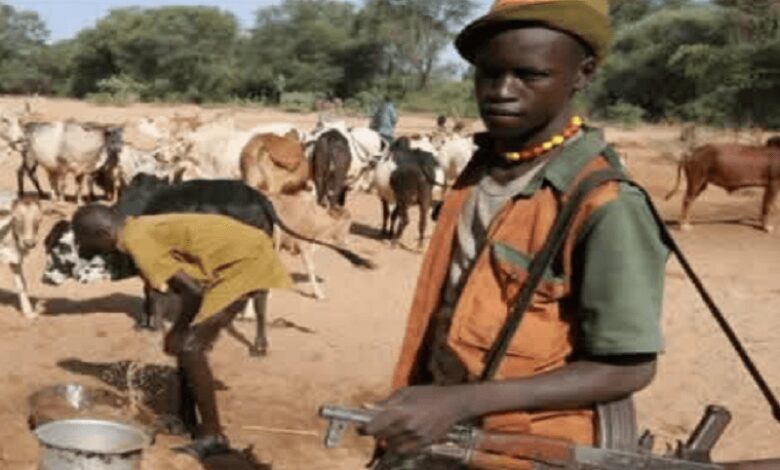Nigeria: very controversial transhumance ban law

Since November, tensions have been high in the middle-belt of Nigeria, particularly in the state of Benue, where “anti-open grazing law” has been applied. Initiated by Governor Samuel Ortom, this new law prohibits transhumance.
Thought to solve the recurring problems between farmers and herdsmen, it is far from unanimous.
The law on “anti-open grazing law” prohibits the transhumance of livestock, under pain of sanctions, and aims to encourage farmers to acquire large areas of closed grazing. The violence between Fulani herders and Tiv farmers has been exacerbated in recent months following the adoption of the law, yet Benue’s governor, Samuel Ortom, is defending his project to the end.
“There is no question of going back on this law. Do you want to raise livestock? Create a ranch. It’s simple: find a piece of land, and fence it so that it does not escape to encroach on someone else’s field. This law offers a win-win solution for farmers and ranchers. For example, it will make it possible to fight against cattle theft: it will be easier for the security forces to stop the thieves,” says Ortom.
Herdsmen call for suspension of the measure
For their part, the farmers say that these ranches have not yet been created. MACBAN, a powerful breeder’s organization, is calling for the outright suspension of this law. The union denounces a measure that does not respect the cultural practices of the breeders.
“Fulanis have their own cultural heritage. They do not know the ranch. The farmers totally rejected this law. They want the restoration of transhumance routes, as provided for in the Constitution. So this new law, to be effective, must be popularized, it must grant a time of adaptation and propose sites for the ranches. Nothing has been done,” said Mohammed Shettima, secretary general of MACBAN.
According to this official, the localities that are currently experiencing tensions, correspond to areas where “the use of mediation by traditional leaders has been substituted for the benefit of young people, often influenced by policies.”
“Change takes time”
The NGO Pastoral Reserve has been working in the state of Benue for a few years, to mediate between breeders and farmers. This organization believes that it would have taken more time to allow the farmers to gradually get used to this law.
“Establishing closed grazing spaces is the best solution. But I think it would take longer to apply this law. It is not possible to ask someone to convert to this activity in just six months. It’s way too short. Change takes time,” explains Roseline Shiember, senior project officer at the organization.
“These people have perpetuated the transhumance for years, from generation to generation: it is not easy for them, to change practice in just six months. But over time, they will appreciate the benefits that ranches can bring them. They will get used to it. The other difficulty is the fact that the promised spaces are not available. Breeders are expected to make a request to access a ranch. This request must then be accepted by the rural community,” said Ms. Shiember.
Clashes between farmers and pastoralists have already killed 168 people since the beginning of the year according to Amnesty International. The army was deployed Thursday, February 15 in the center of the country to try to ease the conflict. The operations are expected to last until March 31, 2018.




